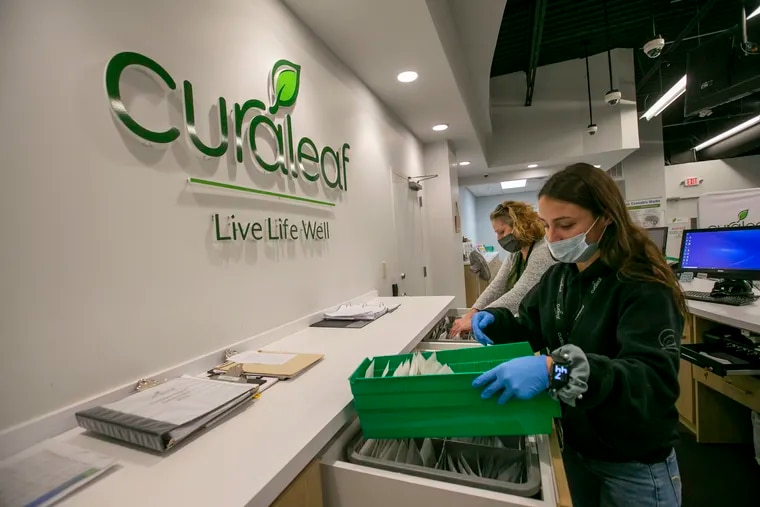Brown said the cannabis companies still have to undergo a final inspection, pay an expansion fee of up to $1 million, and meet other requirements before sales can start.
The newly licensed entities now have four months or so to find a site, gain municipal approval, and apply for a full annual license.
Bill Caruso, a cannabis attorney and lobbyist at Archer Law who has been involved in New Jersey’s cannabis legalization efforts for many years, called the CRC decision historic.
“These thirteen existing medical marijuana dispensaries are likely to see a massive rush of traffic from novelty buyers, not just locally but from Pennsylvania.
Brown, the CRC director, predicted that 788,000 out-of-state tourists would join 836,000 Jersey residents as shoppers at the state’s cannabis stores annually.
In South Jersey, the three companies that will be start recreational sales are Acreage Holdings, Curaleaf Holdings Inc., and Columbia Care Inc.
The state has had legalized medical cannabis since 2010, but the market had remained small and constrained because Murphy’s predecessor, Chris Christie, did not support it.
After legislative efforts to legalize cannabis failed during Murphy’s first 18 months in office, New Jersey residents got the opportunity to decide for themselves though a Nov.
Three months later, Murphy signed a package of three bills that called for the establishment of a regulated recreational marijuana market.
During the past year, the new Cannabis Regulatory Commission, chaired by Dianna Houenou, once an attorney for the American Civil Liberties Union of New Jersey, wrestled with the challenges of building a new agency during a pandemic.
The commission, known as the CRC, had to write rules ensuring that the start of recreational weed sales did not disrupt access for patients.
Complicating the rollout was a requirement for municipalities to decide whether to allow any type of recreational cannabis business to operate within their borders and choose where those businesses could operate.
They said they had boosted inventory and hired hundreds of employees in anticipation of sales starting no later than the one-year anniversary of Murphy signing the cannabis laws on Feb.
Brown, the CRC’s executive director, pushed back in January, saying that regulators were not satisfied that statewide supplies were adequate for both the medical and recreational markets.
